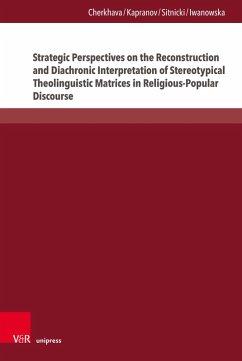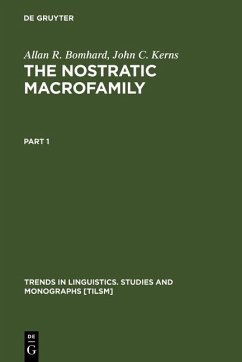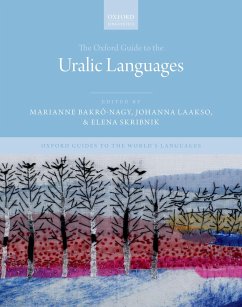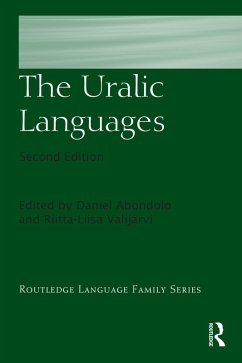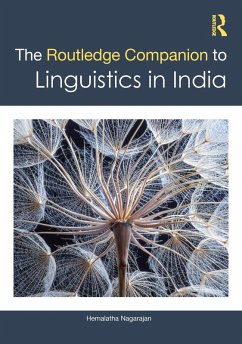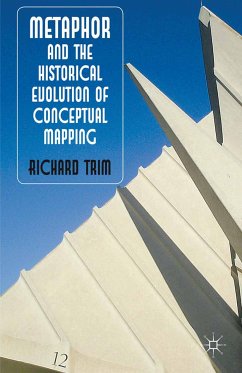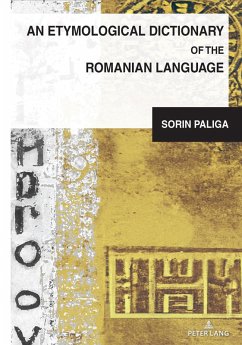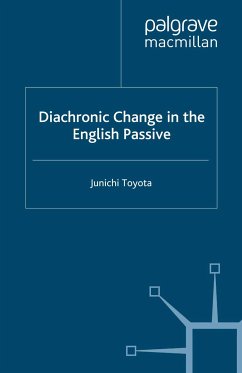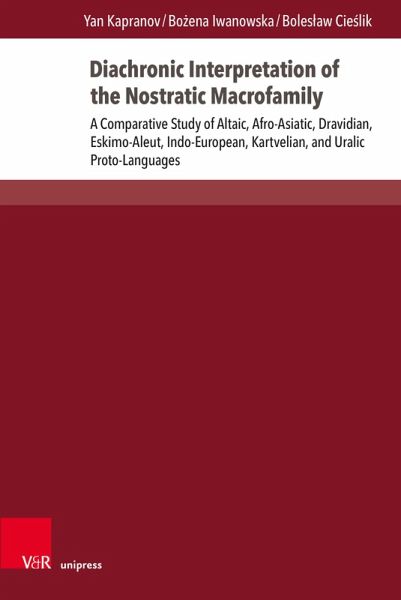
Diachronic Interpretation of the Nostratic Macrofamily (eBook, PDF)
A Comparative Study of Altaic, Afro-Asiatic, Dravidian, Eskimo-Aleut, Indo-European, Kartvelian, and Uralic Proto-Languages
Versandkostenfrei!
Sofort per Download lieferbar
45,00 €
inkl. MwSt.
Weitere Ausgaben:

PAYBACK Punkte
0 °P sammeln!
This monograph presents a groundbreaking exploration into the Nostratic macrofamily, a concept that proposes a common ancestral language for several of the world's foremost language families. The study delves deep into the roots of Altaic, Afro-Asiatic, Dravidian, Eskimo-Aleut, Indo-European, Kartvelian, and Uralic languages, offering a unique perspective on their interconnections and evolutionary paths. The authors examine five pivotal Nostratic etymons from the Swadesh index to illustrate the shared cognitive frameworks of these diverse linguistic groups. This research challenges conventiona...
This monograph presents a groundbreaking exploration into the Nostratic macrofamily, a concept that proposes a common ancestral language for several of the world's foremost language families. The study delves deep into the roots of Altaic, Afro-Asiatic, Dravidian, Eskimo-Aleut, Indo-European, Kartvelian, and Uralic languages, offering a unique perspective on their interconnections and evolutionary paths. The authors examine five pivotal Nostratic etymons from the Swadesh index to illustrate the shared cognitive frameworks of these diverse linguistic groups. This research challenges conventional perspectives on language evolution and introduces new methodologies in cognitive macro-comparative studies. Key to the work is the hypothesis of divergent-convergent and convergent-divergent evolutionary patterns stemming from a common Nostratic origin. Beyond linguistics, this study offers insights into human cognitive development, language formation, and change mechanisms.
Dieser Download kann aus rechtlichen Gründen nur mit Rechnungsadresse in A, B, BG, CY, CZ, D, DK, EW, E, FIN, F, GR, H, IRL, I, LT, L, LR, M, NL, PL, P, R, S, SLO, SK ausgeliefert werden.





